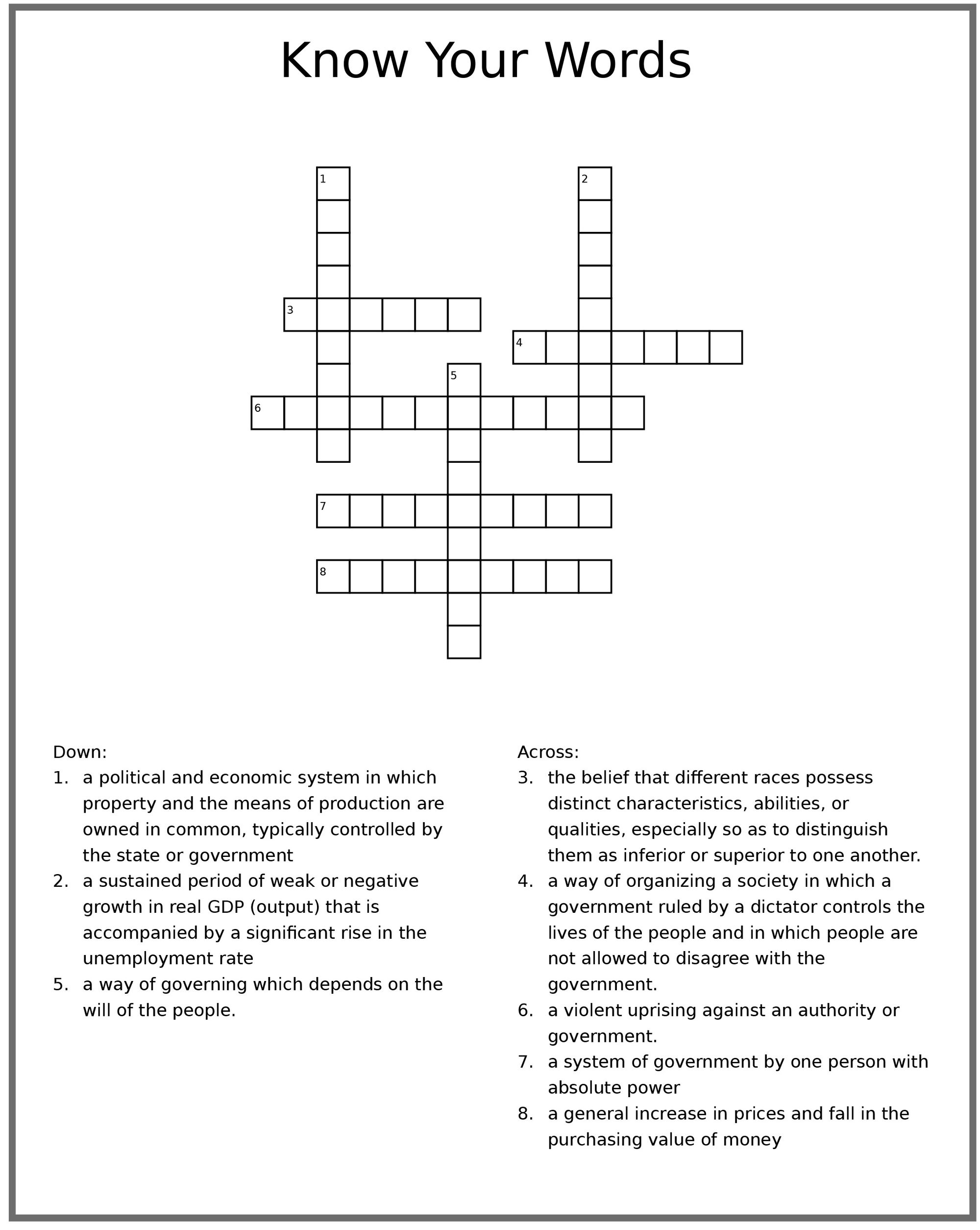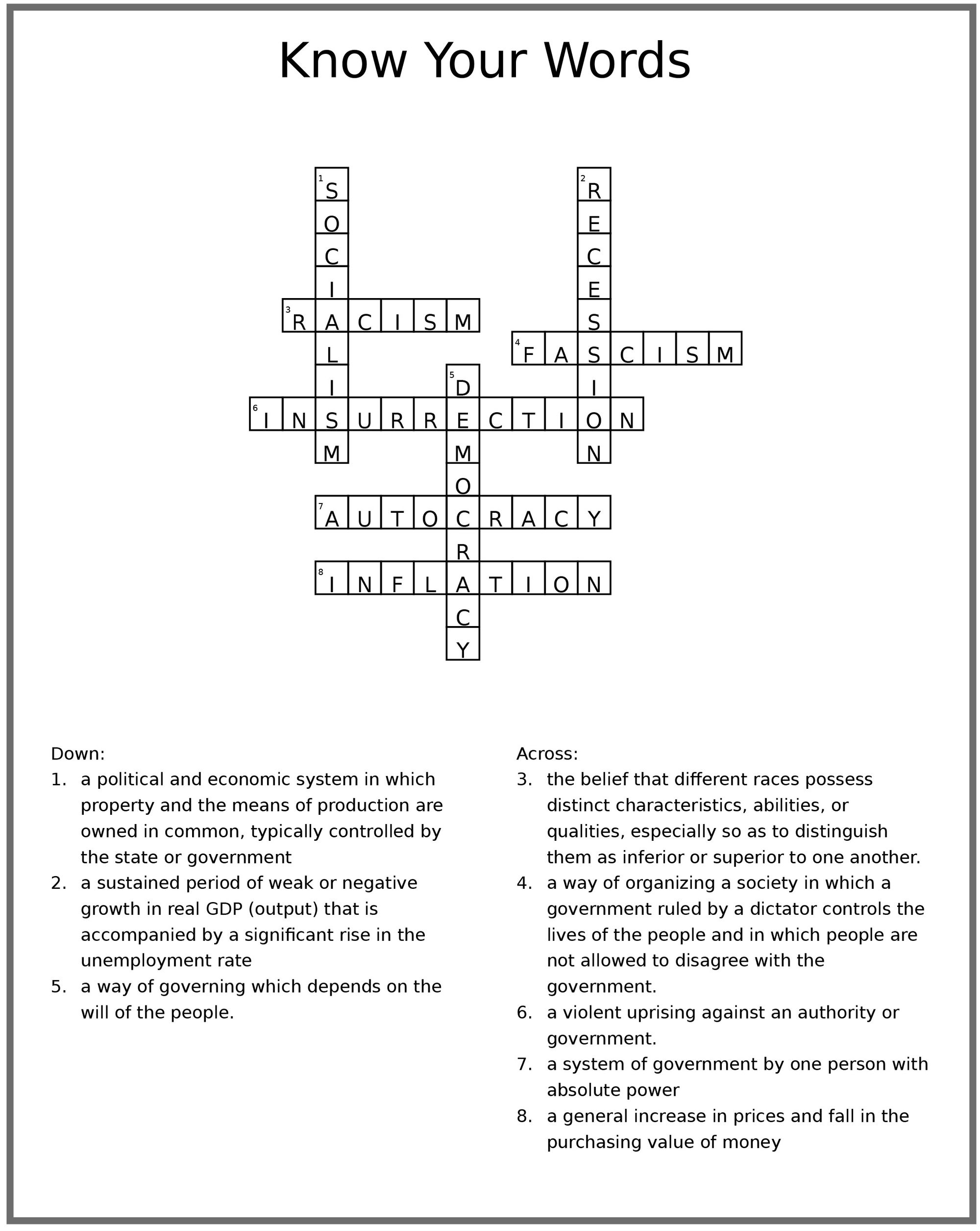Midterm Elections Preparation: Know Your Words!
"Truth has been one of the most tragic victims of our recent politics. It is not only assaulted by simple lies but, also, by manipulation of concepts, deliberate misinterpretation of facts, and the application of false labels." -James T. McHugh, Ph.D., Bliss Institute, the University of Akron

It’s campaign time for the midterms and while it’s wise to arm yourself with information about all the ballot items in your area, it’s also a good idea to add a dictionary to your arsenal.
The contest to win votes is the verbal version of a food fight, with words as the weapons of choice. The air is filled with one big word cloud of labels and accusations from candidate-to-candidate in every state and municipality. But do the weapons fit the accusations? Candidates are known to spin a phrase and that involves using word connotations, the emotionally inspired word associations, versus adhering to actual definitions or denotation.
Case in point: Calling an opponent a fascist or socialist are the new swear words for political debate. In most cases, the connotations imply the opponent is either racist, autocratic, anti-American, anti-democracy, or anti-business. But what are the dictionary definitions of these trigger words?
Webster defines fascism as a political philosophy, movement, or regime (such as that of the Fascisti) that exalts nation and often race above the individual and that stands for a centralized autocratic government headed by a dictatorial leader, severe economic and social regimentation, and forcible suppression of opposition.
A Fascist promotes and supports fascism, the label may or may not apply depending upon a candidate’s actions and belief systems.
Most of us associate Fascism with Benito Mussolini, Prime Minister of Italy from 1922 into the 1940s. He coined the term “fascism” and created the model for the fascist regimes used by Nazi Germany and other nations. Fascism is in the eye of the beholder, so to speak---it is tweaked by nations and philosophers, but common characteristics include:
Nationalism: an extreme pride in their nation (or race) and a belief in its superiority over others
Xenophobia: that those who do not share their race, culture, religion, or ideology are dangerous and inferior
Militarism: that the military is a model for society and war is not just necessary but also good
Authoritarianism: that the state, led by a charismatic dictator, should make all decisions
It is also anti-Communist, anti-socialist, and anti-liberal, as it opposes ideologies which sought to divide the nation along class lines or give power to individuals. Fascist states embraced these ideas by persecuting minorities and dissidents, launching wars of conquest, and often centralizing power in the hands of a charismatic dictator, according to Study.com.
A similar list includes:
Absolute Power of the State: Fascist regimes have a strong centralized state, or national government. The fascist state seeks total control over all major parts of society. Individuals must give up their private needs and rights to serve the needs of the whole society as represented by the state.
Rule by a Dictator: A single dictator runs the fascist state and makes all the important decisions. This leader often uses charisma, a magnetic personality, to gain the support of the people.
Corporatism: Fascists believe in taming capitalism by controlling labor and factory owners. Unions, strikes, and other labor actions are illegal. Although private property remains, the state controls the economy.
Extreme Nationalism: The fascist state uses national glory and the fear of outside threats to build a new society based on the “common will” of the people. Fascists believe in action and looking at national myths for guidance rather than relying on the “barren intellectualism” of science and reason.
Superiority of the Nation’s People: Fascists hold up the nation’s people as superior to other nationalities. They typically strengthen and unify the dominant group in a nation while stifling dissent and persecuting minority groups.]
Militarism and Imperialism: Fascists believe that great nations show their greatness by conquering and ruling weak nations. Fascists believe the state can survive only if it successfully proves its military superiority in war.
Turning to the Book of Webster for the definition of socialism, it is any of various economic and political theories advocating collective or governmental ownership and administration of the means of production and distribution of goods
A socialist advocates or practices socialism. Practicing full-tilt, traditional socialism in the United States would seem to be challenging, but I guess it’s possible. There’s a discount store in my community owned by employees----is it a socialist organization? Are all ESOPs, the Employee Stock Ownership Plans, socialist? The answer is they are socialist in spirit because they don’t meet the definition of socialism. They operate within capitalist enterprises and are all about profit, the difference is that they share profits with employees.
The Shakers are credited or accused (depending upon your perspective) with establishing socialist communities in America in the early 19th century.
Decades later, U.S. Senator Bernie Sanders in his 2016 run for president described himself as a Democratic socialist, but sans the destruction of capitalism piece. Democratic Socialists of America, (DSA) believe capitalism is incompatible with the values of freedom, equality, and solidarity.

Investopedia describes the features of socialism in this way:
• Socialism is an economic and political system based on collective ownership of the means of production.
• All legal production and distribution decisions are made by the government in a socialist system. The government also determines all output and pricing levels and supplies its citizens with everything from food to healthcare.
• Proponents of socialism believe that it leads to a more equal distribution of goods and services and a more equitable society.
• Socialist ideals include production for use, rather than for profit; an equitable distribution of wealth and material resources among all people; no more competitive buying and selling in the market; and free access to goods and services.
• Capitalism, with its belief in private ownership and the goal to maximize profits, stands in contrast to socialism, but most capitalist economies today have some socialist aspects.
The complex and layered philosophical meanings of fascism and socialism, their applications and threats confuse voters with the clever use of language. Skilled communicators can make implications feel like facts, and well-crafted sentences, when locked and loaded, effective weapons of reputation destruction.
George Orwell warned us about this:
"Political language… is designed to make lies sound truthful and murder respectable, and to give an appearance of solidity to pure wind."
Trigger words are heavy artillery. They carry more weight than others when bundled with implied meanings. If candidates are not inclined to stick with the official definitions of words before they use them, it is our responsibility to dig a bit deeper and move beyond the taglines, themes, and name-calling to learn whether there are elements of truth present, or borderline slanderous and libelous locution.
All of this in mind, I have created a crossword puzzle with the help of Education.com that uses some of the common attack words you are hearing this campaign season. Guess the words from their definitions. Once you have those, you can guess which candidates fit them.
Know Your Words!

